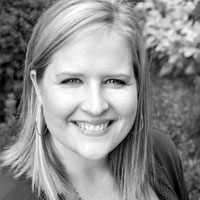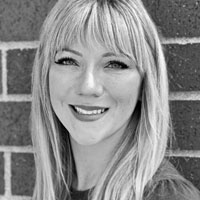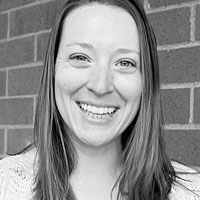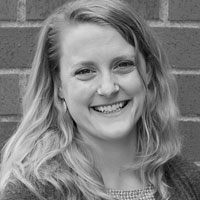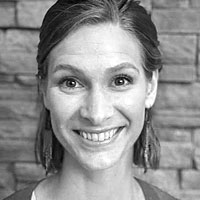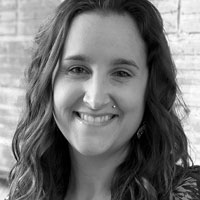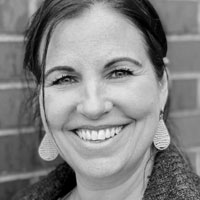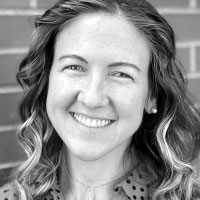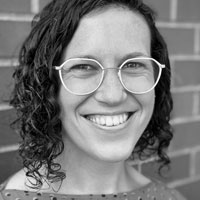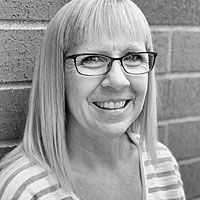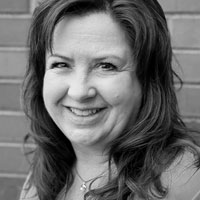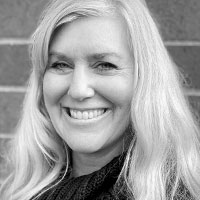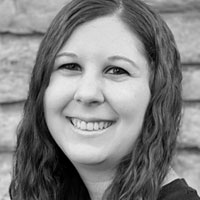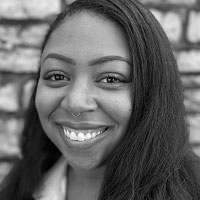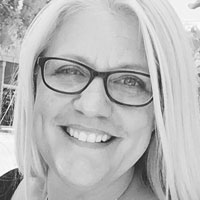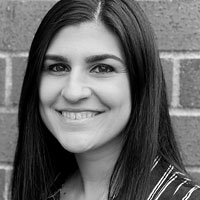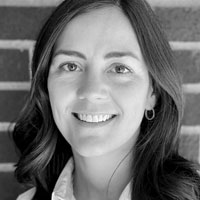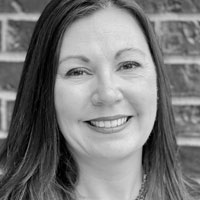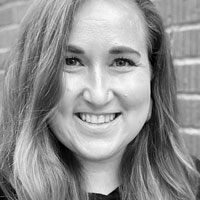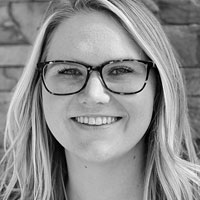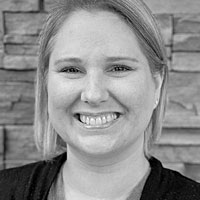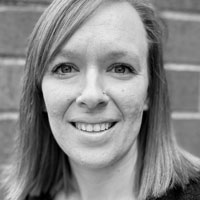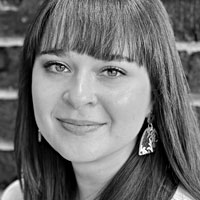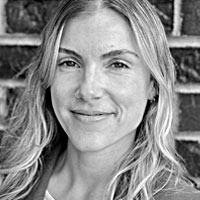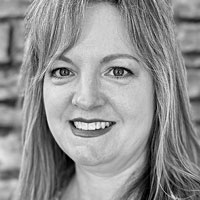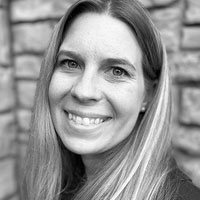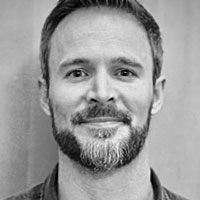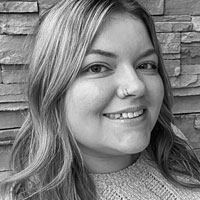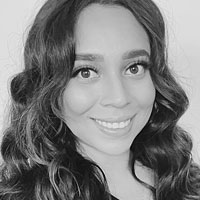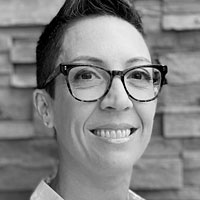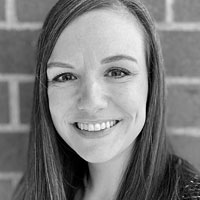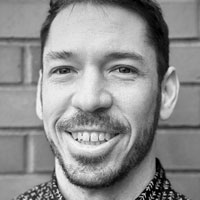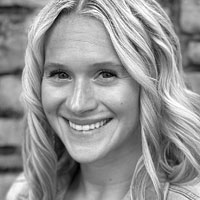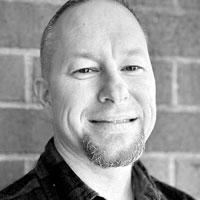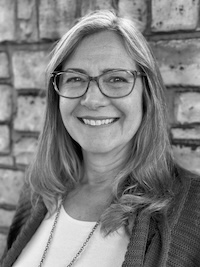Ashley Ortega, LMHC
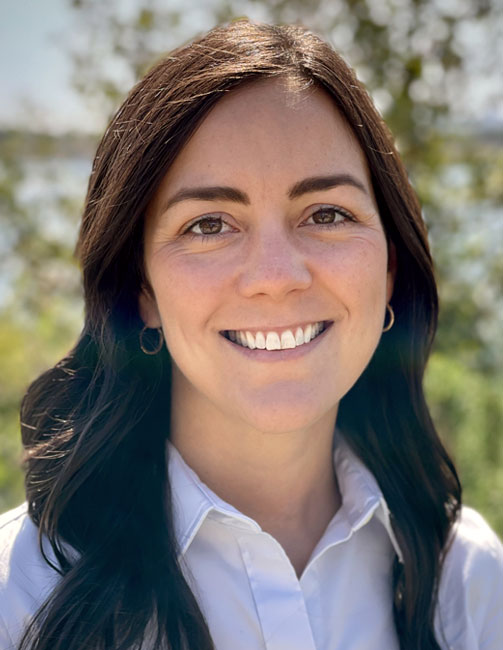
Ashley Ortega’s Therapist Disclosure Statement <<< (Clickable)
Life can be confusing, anxiety-inducing, tiring, tragic, uncertain, unfair…you name it. As humans, we all go through times like these; fortunately, that means there are people and tools that can help. Everyone deserves a safe, accepting, and supportive place to be seen, in all their messy humanity, as they develop greater self knowledge and tools needed to move through life. I believe that you already have inner wisdom and many strengths (you’ve gotten this far!) and it is my great honor to help you connect to these as you define your goals and how you will meet them. I know that for many people the idea of sharing your story and being vulnerable with someone else can be intimidating. Through a supportive therapeutic relationship, therapy can also be a place you may come to feel hope, joy, pride, and many other positive emotions too.
Often, in the process of trying to cope and manage our lives, we develop maladaptive beliefs and behaviors. My goal is to help you identify how your beliefs, thoughts, feelings, and actions can help you move towards being the person you want to be and having the life you want. There are also forces outside of our control. In these cases, I believe it’s helpful to differentiate what we can change from what we need to radically accept (while acknowledging pain, grief, disappointment, anger). In this process, I find clients benefit from the DBT skills for distress tolerance, emotion regulation, and interpersonal effectiveness. Acknowledging the role of relationships in our well-being and that many issues can be interpersonal in nature, my work emphasizes interpersonal skill development and attachment theory.
In our work, I may also draw from Cognitive Behavioral Therapy (CBT) and Trauma-Focused CBT, Dialectical Behavior Therapy (DBT), Motivational Interviewing, Interpersonal and Social Rhythm Therapy as well as Narrative and Expressive Arts methods. I also like to integrate Kristin Neff’s work on self-compassion, Gottman’s work on repair in relationships, and Brene Brown’s work on shame and vulnerability. Overall, I seek to collaboratively develop an approach and a toolset that you can use independently outside of sessions.
I received my Master of Arts in Counseling Psychology from Bastyr University. I am currently registered with Washington State as a Licensed Mental Health Counselor Associate (LMHCA). In my free time I enjoy spending time with friends and family, biking, cooking/eating, reading, visiting new places, and finding ways to contribute to improve social conditions. Though I’m American, I grew up in Canada and have lived in so many different places that I’ve learned to love the saying “grow where your roots are planted”.
Specialties and areas of focus
- Depression
- Coping Skills
- Anxiety/Stress
- Mood Disorders
- Family of Origin/Childhood Issues
- Trauma (Acute & Complex)
- Abuse/Victims of Abuse
- Couples/Relationship Issues
- Interpersonal & Attachment Issues
- Self-esteem
- Identity Issues
- Grief/Loss
- Life Transitions/Challenges
Q&A with Ashley
1.) Some therapists are more comfortable addressing the immediate problem, while others want to focus on the deeper issue. Which are you?
Sometimes an immediate problem needs to be addressed before a person has the resources to address deeper issues. Other times, the immediate problem is entangled with deeper issues and we can’t address one without the other. Either way, we will collaborate on our approach and adapt as needed to ensure you feel safe.
2.) Do you tend to lead the session, or follow my lead?
I like to think of myself as your fellow traveller, walking next to you. I will try to point out things you might have missed along the way and help you navigate obstacles ahead. Overall, I like to let you lead, but can lead when it feels like we’re stuck or missing something.
3.) What are your strengths as a therapist?
I’ve been told by clients that I’m empathetic, warm, genuine, accepting, and good at helping to identify patterns. Personally, I think my strength is helping you identify what your strengths are and how to express them.
4.) If you had one superpower, what would it be and why?
It would be amazing to be able to share the experience of a memory, with all its accompanying feelings and sensations, from person to person. I think this would help us all to have greater understanding of other perspectives and thus greater empathy.
5.) What makes you laugh?
Improv! Ultimately, we’re all doing the best we can and improvising to a certain degree. I think recognizing that allows a little more room for our common humanity (and comedic relief).
6.) Who would you have dinner with, dead or alive?
I’m interested in all kinds of people’s stories, but off the top of my head: my mom (who lives far away) and my late grandma, and then Barack and Michelle Obama (my grandma was their hugest fan and liked to ‘prank call’ me as one of the Obamas so I’d love to see her meet them). I’d also invite my partner, who makes me laugh, and Irwin Yalom (an influential therapist).



